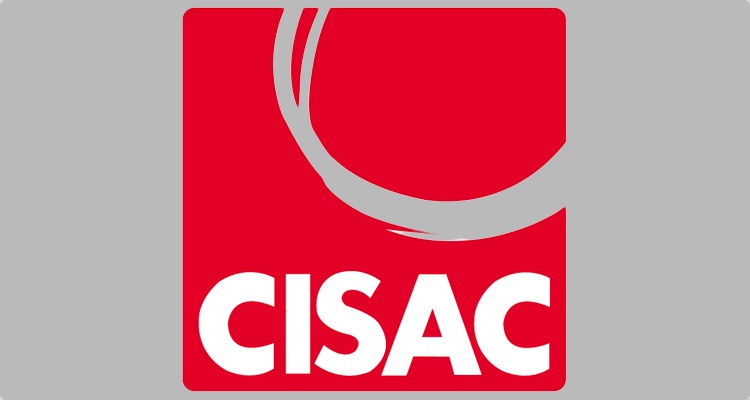The International Confederation of Societies of Authors and Composers (CISAC) has reported €9.6 billion (currently $10.30 billion) in global collections for 2022 and expressed the belief that “we will lose the next Paul McCartney” unless we take continued steps to “make life fair for creators” in the streaming space and elsewhere.
CISAC, which counts as members 227 societies (a net decrease of one, resulting from the exit of Russia’s UPRAVIS and others) from 118 countries and territories, disclosed the collections total and other noteworthy information in its newly published 2023 annual report.
The previously mentioned €9.6 billion represents a modest improvement from the €9.32 billion ($9.99 billion) in collections that CISAC pinpointed in its 2022 annual breakdown, but the total has yet to rebound to the approximately €9.65 billion ($10.35 billion) in collections reported for pre-pandemic 2019.
Building upon the stats, CISAC emphasized throughout this newest report its efforts in 2022 to optimize operations and maximize collections in emerging markets, where data indicates that streaming is becoming increasingly popular.
“Can we have another Paul McCartney?” wrote CISAC president Björn Ulvaeus. “I hope we can – but it will only happen if we make the streaming world a fairer place for creators today. So much needs to be fixed. Let’s all get on and do it.”
And in terms of actually achieving these fixes, the 78-year-old ABBA founding member reiterated his position that “we must accelerate the work to fix the metadata problem, so that works can be properly identified and their creators fairly paid.”
“We have gained a real momentum on this now. CISAC’s upgraded ISWC is more widely adopted and engaged in by publishers and DSPs, and new collaboration projects have come from societies,” wrote Ulvaeus, whose organization is said to have extended its “ISWC Resolution Service” to 11 publishers thus far.
Designed to enable said publishers to match their own databases against CISAC’s comprehensive ISWC offering (infilling missing information in the process), the Resolution Service processed 3.6 million submissions during 2022 and 1.5 million throughout Q1 2023 alone, per the Paris-headquartered entity.
Similarly, 22 publishers are using CISAC’s “Allocation Service,” which assigns ISWCs “as soon as the publisher has the title and the list of songwriters with their IP Name Numbers,” according to the document. 432,000 ISCWs were allocated via the tool (which nine societies have implemented) last year, CISAC communicated.
Regarding collections progress made in specific countries and regions, CISAC pointed to the €16.4 million ($17.59 million) that Greece’s AUTODIA is said to have pulled in during 2022 – up 68 percent year over year and north of a staggering 4,000 percent since 2017.
“AUTODIA believes Greece remains an underperforming market with substantial potential for further growth,” CISAC wrote. “Collections could double and exceed €30 million [$32.18 million] within the next few years.”
Meanwhile, the nearly century-old organization also touched upon seemingly encouraging early results from Turkey’s MSG and MESAM, which, having been expelled from CISAC in 2021, were readmitted in June of 2022. Additionally, India’s IPRS, which had been readmitted in late 2018, is said to have in the interim doubled its membership (to approximately 9,000) and improved collections by some 525 percent to around €35 million/$37.55 million.

